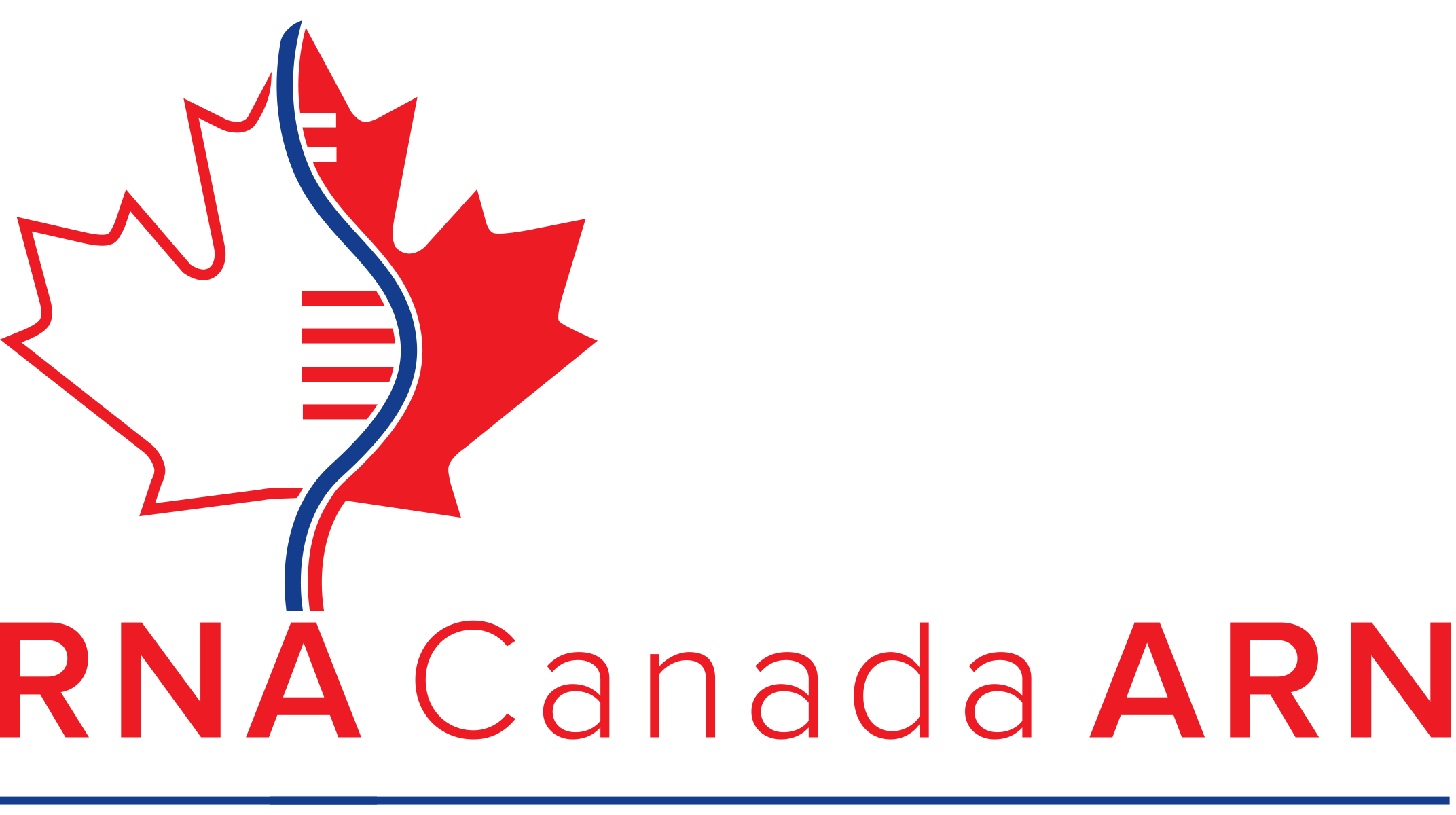Haissi Cui, University of Toronto, Department of Chemistry
Dr. Cui is originally from Germany, where she performed her BSc, MSc, and PhD. Dr. Cui has had the opportunity to study several different aspects of RNA biology, from her PhD in the University hospital Munich Rechts der Isar, where she worked on noncanonical functions of a protease inhibitor in cancer that she ultimately found to modulate a miRNA, to her postdoc at the Scripps Research Institute where she studied aminoacyl-tRNA synthetases, mRNA splicing, and mRNA translation. She started her lab at the University of Toronto in July 2022, where her team is broadly interested in RNA processes in mammalian cells. Currently, they are focused on understanding the subcellular localization and organization of tRNA aminoacylation, how this might be changed in disease, and developing new tools and models. In simpler terms, the lab studies how the language of RNA gets decoded into the language of proteins in cells; in fact, you can think of tRNAs as the “secret decoder ring” of molecular biology! This process of making proteins from RNA is fundamental for all cells and organisms, and because of its importance, it is highly complex and regulated, leading to lots of new avenues for research and application. In a great example of the research the Cui lab is undertaking on, Dr. Cui’s postdoctoral research was recently published: https://www.nature.com/articles/s41556-023-01118-8. In this work, she demonstrated that Arginyl-tRNA synthetase re-localized from the cytoplasm to the nucleus in response to arginine fluctuation, where it surprisingly influenced splicing and modulated gene expression. Understanding such unexpected functions of tRNA synthetases in response to environmental cues provide clues about our cell’s responses to stress and disease states.
Dr. Cui considers herself fortunate to have experienced so many different facets of RNA biology throughout her training. This diversity of experience and knowledge allows Dr. Cui and her team to use many different approaches in their research, and, let’s face it, that just makes their work more fun! When asked about her favorite RNA-related topics that aren’t tRNA-related, Dr. Cui said that “miRNAs will always have a special place” in her heart, and that she finds mRNA splicing to be very interesting. These days, she finds passaging tissue culture cells to be a form of meditation, and, while she sincerely enjoys grant writing-especially collaborative grants-she would be happy to spend more time on her own experiments again! Dr. Cui’s advice for the RNA Canada ARN community is more of a reminder “tRNAs are super interesting” and “don’t forget about them when you think of translation!” (stated with a wink and grin).
In addition to grant writing, Dr. Cui greatly enjoys interacting with the students on her team and in the greater Toronto RNA community. When she’s not busy passaging cells, mentoring students, and finding cool new roles for tRNA biosynthetic enzymes, Dr. Cui has been reveling in exploring her new city. She loves how the neighborhoods all have their own distinct personalities, with plenty of new things to see and new foods to try! We agree: Toronto, and Dr. Cui’s lab are great places to do science, and if you’d like to learn more about the Cui lab, you can follow Dr. Cui on X (formerly Twitter) @HaissiCui, and check out the lab’s website: https://haissicui-lab.ca/.


